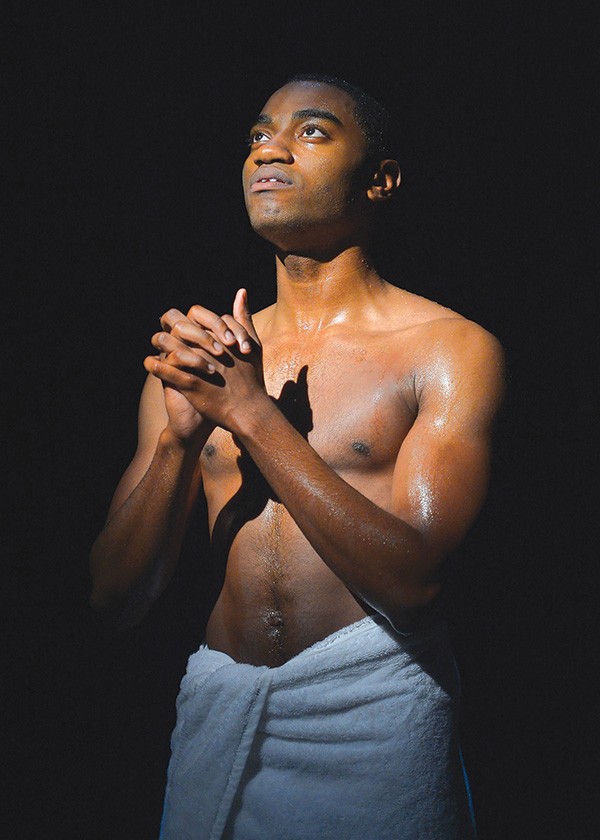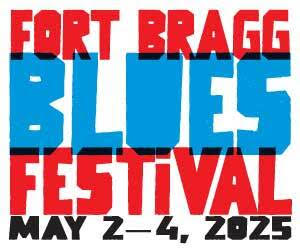There is little in common between Verdi’s sublime 1893 comic opera Falstaff and Tarell Alvin McCraney’s 2013 drama Choir Boy beyond an understanding that music is a powerful force that expresses the deepest emotions.
One could argue that no two forms of musical expression better convey the depth of human feeling than opera and the spirituals that grew out of slavery and the African-American experience. In Falstaff, the stakes are high but the comedy is as broad as the girth of its title character. Now running in an intimate English-language adaptation at Cinnabar Theater in Petaluma, the opera is directed by Elly Lichenstein, who brings plenty of wicked silliness to the production, with strong musical direction from Mary Chun.
Verdi’s final opera is based on Shakespeare’s Merry Wives of Windsor, in which the debt-ridden, inebriate Sir John Falstaff (a delightfully expressive Jo Vincent Parks) attempts to solve his money problems by seducing a pair of rich, married women, Mrs. Ford (Eileen Morris, practically glowing with charm and mischief) and Mrs. Page (Kim Anderman, quite good as the less flashy of the two wives).
His plan is complicated by the wives’ own scheme to expose and embarrass him and subplots involving Mrs. Ford’s jealous husband (William Neely, hilarious) and the secret love between the Fords’ daughter Nannetta and poor local boy Fenton, played with joyful earnestness by Aurelie Veruni and Scott Joiner.
Falstaff may be fluff, but it’s fluff with tremendous heart. And it has spectacular melodies, the trait it shares with the beautifully written and flawlessly acted Choir Boy, directed with stunning intensity by Kent Gash at Marin Theatre Company. At the fictional Charles Drew Prep School for Boys, a prestigious all-black boarding school, tensions boil when the all but openly gay senior Pharus Jonathan Young (a stunningly good Jelani Alladin) is made the leader of the school’s a cappella choir, which presents classic spirituals in contemporary arrangements.
A coming-of-age story with tremendous insight and lovingly observed characters, this lyrical thought-poem of a play is not just about bullying and prejudice. Primarily, it’s about the transcendent power of being accepted for who you are, and the power of your voice when you sing from the heart.
Ratings (out of 5): Falstaff ( ); Choir Boy ( )


















